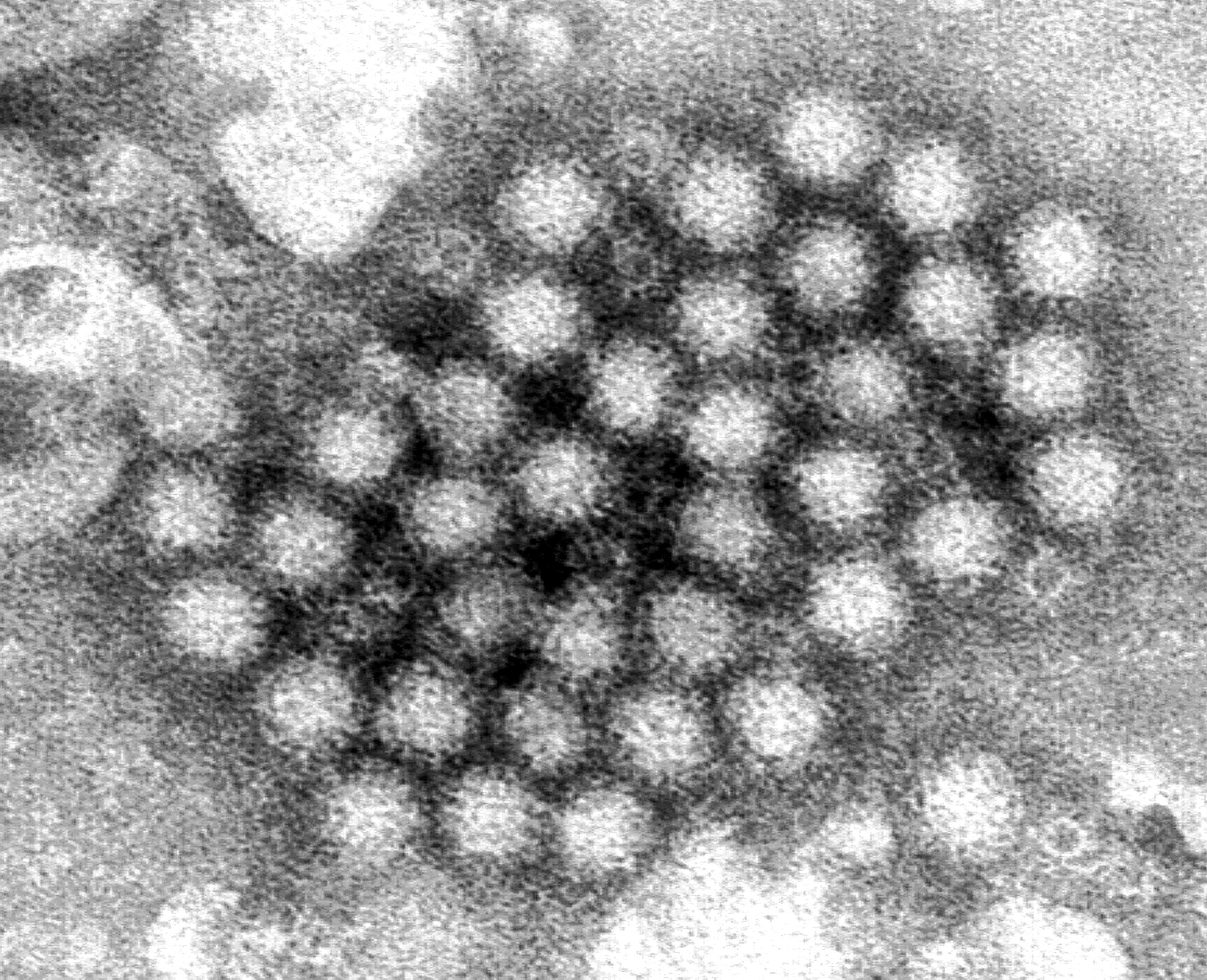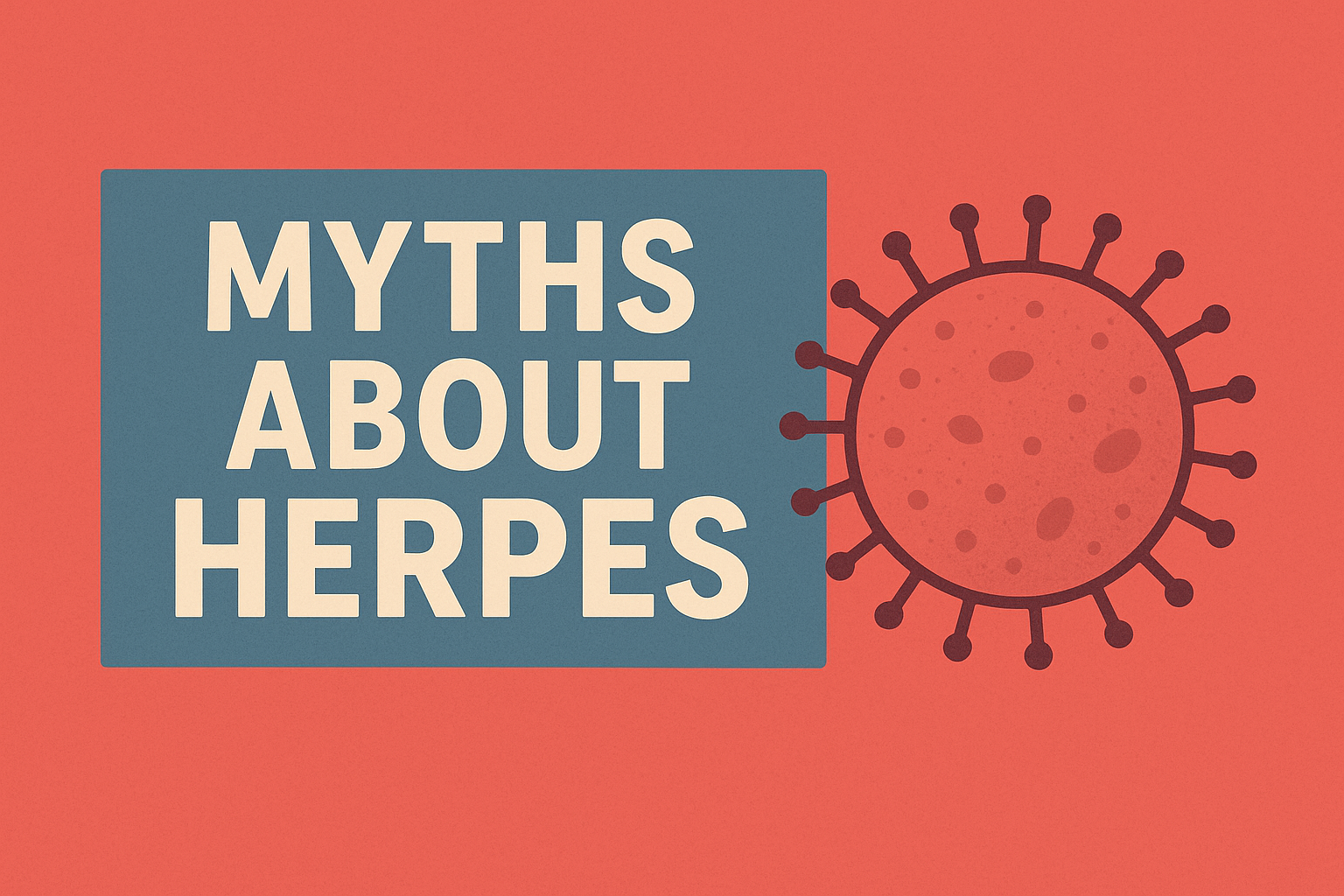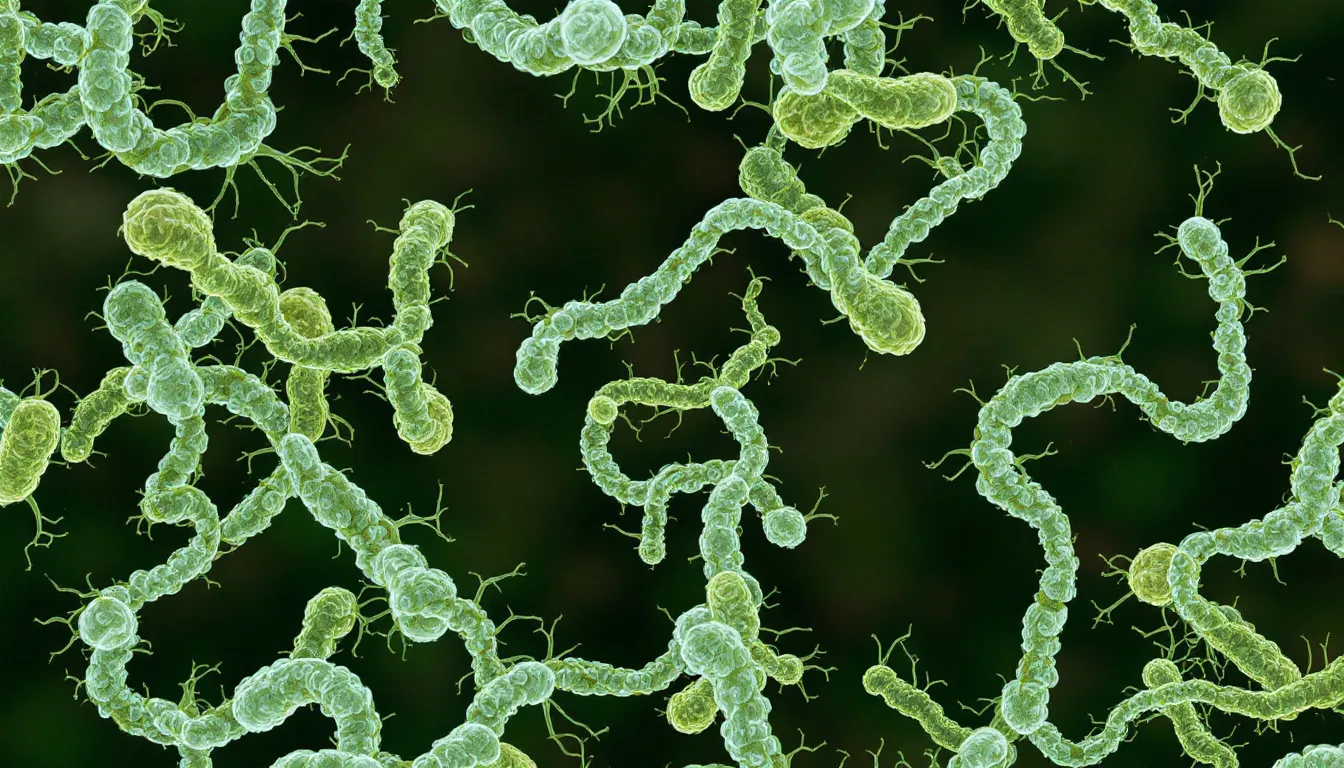Many people here about herpes and instantly feel uncomfortable. Most people have misconceptions about what herpes means and how the virus is spread. Genital herpes is an STD caused by two types of viruses, herpes simplex virus type 1 and herpes simplex virus type 2. The Centers for Disease Control and Prevention state that in the United States, about one out of every six people aged 14 to 49 years already has genital herpes.
How is herpes spread?
Genital herpes is spread through skin-to-skin contact. Therefore, transmission of the virus can occur during oral, vaginal or anal sex. Herpes sores contain fluid which carries the virus. Contact with this fluid will cause infection though it is also possible to contract the virus when no sores are present. There is no cure for genital herpes. Antiviral medications can help to prevent and/or shorten outbreaks. Additionally, there are daily suppressive therapies that can reduce the likelihood of transmitting the virus to a sexual partner.
Most people who have genital herpes are not even aware they have contracted the virus. This is because most people who have genital herpes show little or no symptoms at all. Symptoms can often be mistaken for another skin condition and go undiagnosed.
So, what are the symptoms of genital herpes?
Genital herpes sores can appear as one or more blisters around the genitals, anus or mouth. The blisters can break, leaving painful sores that may take several weeks to heal. This is often referred to as an outbreak. The first time someone has an outbreak they may also experience flu-like symptoms such as fever, body aches or swelling in the glands. Repeat outbreaks can be common and usually last a shorter period of time than the original.
Since genital herpes is caused by one of two viruses, there is currently no cure. There are several medicines and treatments that can help you to prevent or shorten outbreaks. Some such treatments can even make it less likely to transmit the infection to your sexual partners. If you believe that you currently have genital herpes, please speak to a doctor about any treatment options that may be available to you.
If you are currently pregnant and are concerned that you may have been exposed to genital herpes, it is important to speak with a health care professional. Sometimes genital herpes can lead to complications during pregnancy and even potential miscarriage. Herpes infection can be passed from mother to child and cause potentially fatal infections in a child. It is important that you avoid getting herpes during pregnancy.
The CDC recommends practicing safe sex with the use of latex condoms although even this cannot always prevent infection.The best way to know the current state of your sexual health is to have STD testing performed.






